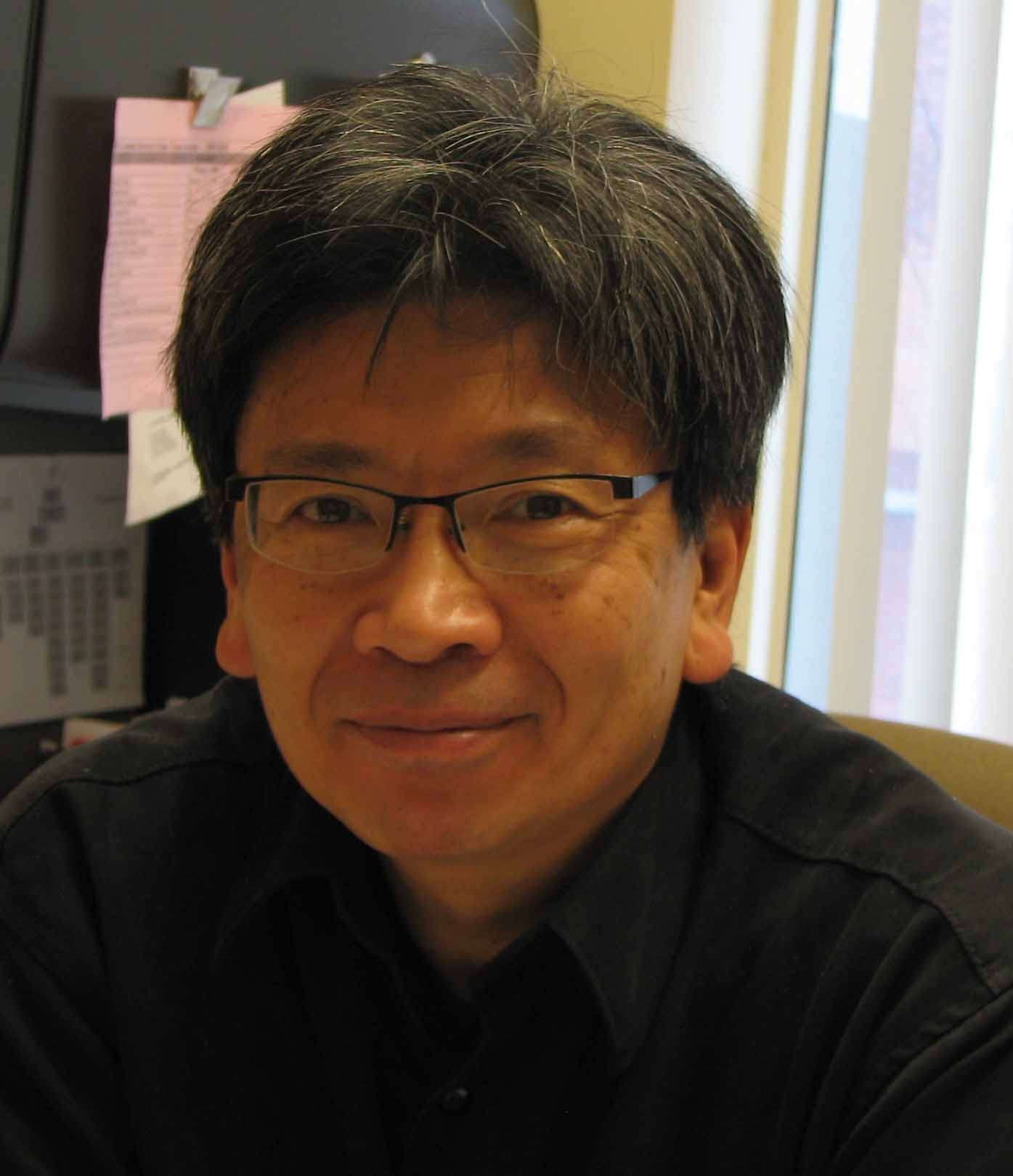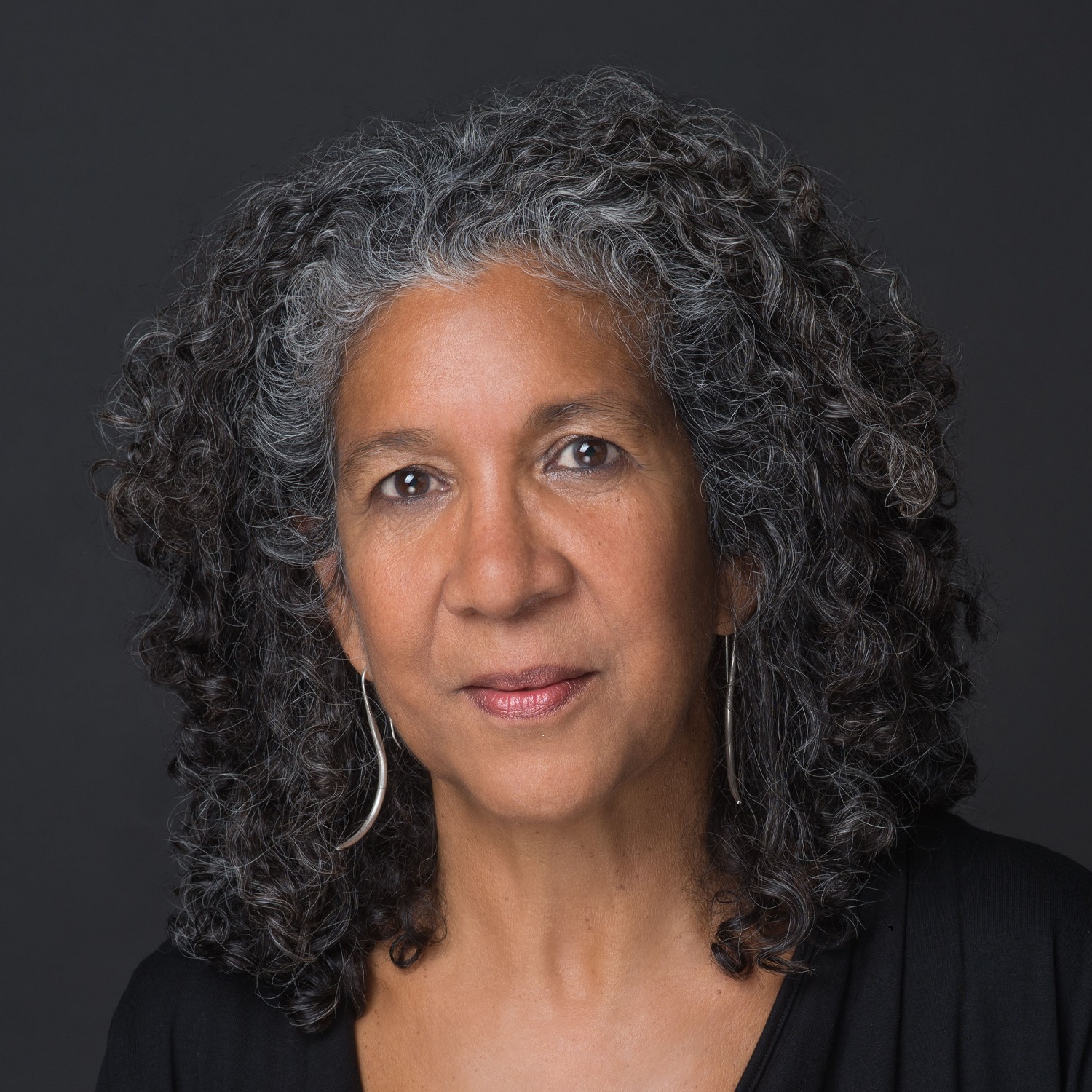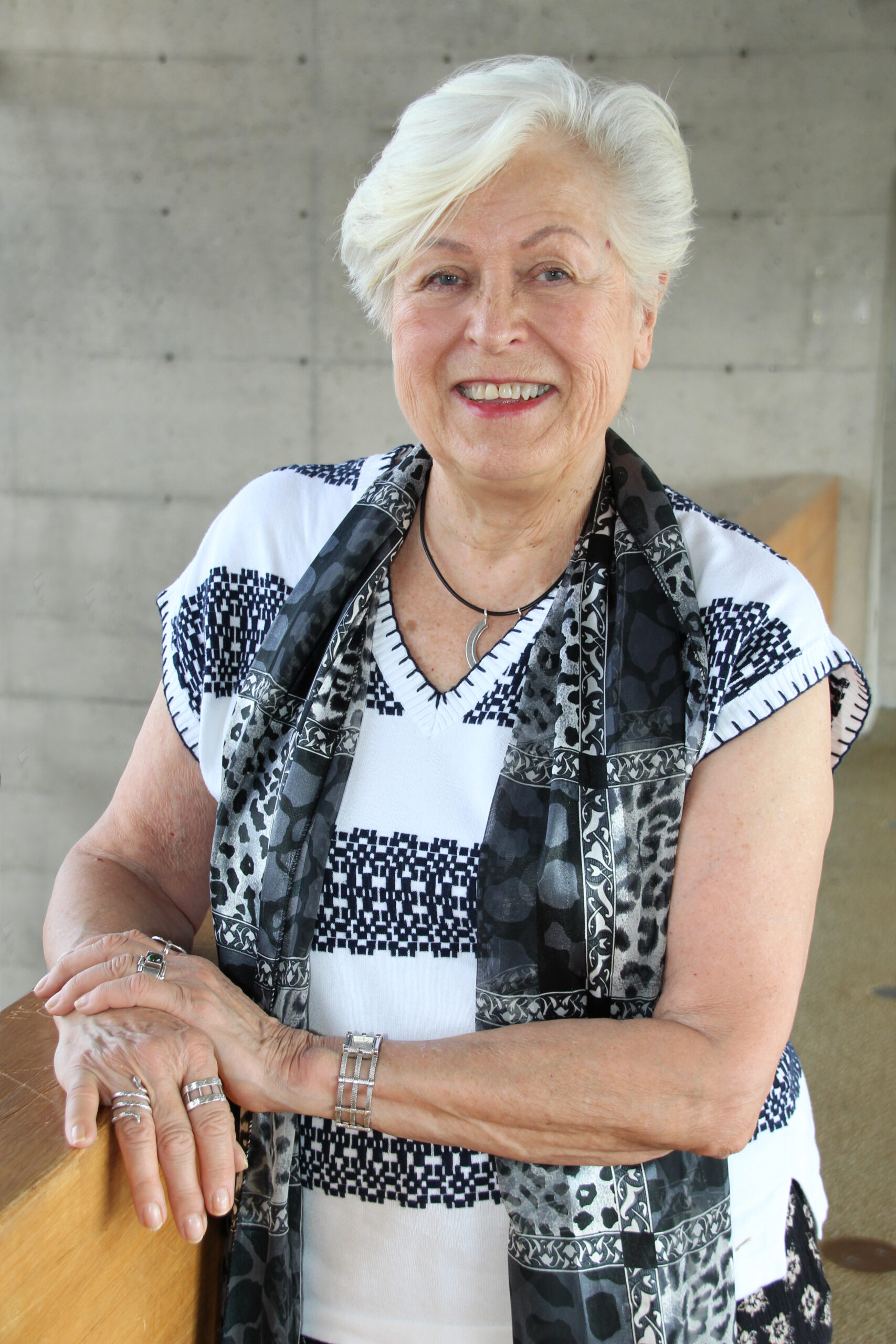
Frances Henry
Professor, Department of Anthropology, York University
Emeritus
About Frances Henry
Country(ies) or Region(s) of Interest:
Keywords:

Shin Imai
Associate Professor, Osgoode Hall Law School, York University
Emeritus
About Shin Imai
Most of my work is related to the Justice and Corporate Accountability Project. Volunteer lawyers and law students study specific cases in order to look for appropriate corporate accountability mechanisms. We have engaged in a variety of initiatives including shareholder motions, securities act complaints, analysis of Access to Information requests, amici curiae before the Constitutional Tribunal in Peru, submissions to United Nations treaty bodies, petitions before the Interamerican Commission on Human Rights, an intervention in the Chevron case at the Supreme Court of Canada, as well as articles in journals that arise out of our work.
Country(ies) or Region(s) of Interest: Peru, Guatemala, Chile
Keywords: Indigenous rights, corporate accountability, extractive industries

Kamala Kempadoo
Professor, Department of Social Science, York University
Emeritus
Research Cluster: Migration, Labour, and Political Economy
About Kamala Kempadoo
Kamala Kempadoo is Professor in the Department of Social Science, affiliated with Latin American and Caribbean Studies. She also holds appointments in the graduate programs in Gender, Feminist and Women’s Studies, Political Science, Social and Political Thought, and Development Studies. She is a former director of the Graduate Program in Social and Political Thought at York University. She has lived and worked in Britain, the Netherlands, the USA, several countries in the Dutch- and English-speaking Caribbean, and, since 2002, in Canada. Areas of specialization: transnational and Caribbean feminisms, human trafficking discourses, studies of sexual labour-economic relations, Black studies, Caribbean studies, and gender and development. Publications include Global Sex Workers (Routledge 1998); Sun, Sex and Gold: Tourism and Sex Work in the Caribbean (Rowman and Littlefield 1999); Sexing the Caribbean (Routledge 2004) and Trafficking and Prostitution Reconsidered (Paradigm 2005/2012).
Country(ies) or Region(s) of Interest: Latin American and Caribbean Studies
Keywords: Sexuality, Black Studies, Human Trafficking Discourses, Sex work studies

Kenneth Little
Associate Professor, Department of Anthropology, York University
Emeritus
About Kenneth Little
My research focuses most generally on the analysis of society as spectacle, visual culture, and popular cultural performance in both Euro-North American and postcolonial societies. My earliest fieldwork with the European one-ring circus focused on politics and poetics of spectacle and performance in the making of an entertainment culture. My circus work concerned itself with the cultural production of the circus, with the dialogics and discourses of sight, and with contemporary encounters with circus artists. I am now in the process of writing the life histories of three circus artists in concert with a cultural and historical analysis of European circus spectacles and fascism in hopes of developing an idea about the varied crises of the modern, most significantly revealed by fascism. I have conducted research on tourist safaris in Kenya as spectacle productions, analyzing the visual politics of tourist experience and I am now conducting research on the rise of the tourist state in Belize . The Belize research turns its attention to how tourism becomes a significant modality through which transnational, late-modern, everyday life is organised and how tourist encounters opened imaginative spaces that stimulate new identity productions, highlight new aspects of social relations and interactions with nature that actively ensure new “fantasies of becoming” even as new social pressures develop to try and control the flows of tourist desire. I am interested in new ways of thinking about and through flows, processes, and interconnections in touristic encounters, productions and narratives as a means of tracking the enactments of citizenship under the pressures of local and global transformations. In sum, I work on questions of spectacle consumption, capitalism, and everyday life. Related to these interests are my concerns with questions of representation and interpretation opened up by post-structural approaches to socio-cultural analysis and an abiding interested in ethnographic writing as a performative process. I am also committed to keeping the crucial importance of politcal/historical/cultural reflection in the forefront of my research, teaching, and ethnographic practice.
Country(ies) or Region(s) of Interest: Latin America, Belize
Keywords: Cultural Anthropology

Paul E. Lovejoy
Professor, Department of History, York University
Emeritus
Research Cluster: Migration, Labour, and Political Economy
About Paul E. Lovejoy
As Distinguished Research Professor and Canada Research Chair in African Diaspora History at York University, I have published over 40 books and 150 articles and chapters in books on African history and African diaspora history.
PAUL E. LOVEJOY is Distinguished Research Professor, Department of History, and Fellow of the Royal Society of Canada. He held the Canada Research Chair in African Diaspora History from 2000-2015, was the founding Director of the Harriet Tubman Institute for Research on the Global Migrations of African Peoples, and formerly a member of the UNESCO “Slave Route” Project (Section du dialogue interculturel). He is Editor of the Harriet Tubman Series on the African Diaspora for Africa World Press, and has been awarded an Honorary Degree, Doctor of the University, University of Stirling in 2007, the President’s Research Award of Merit at York University in 2009, the Distinguished Africanist Award by the University of Texas at Austin in 2010, the Life Time Achievement Award in 2011 from the Canadian Association of African Studies, and the Teaching Award from the Faculty of Graduate Studies, York University in 2012. The Journal of Global Slavery, in collaboration with Brill Publishing, established the annual Paul E. Lovejoy Prize for the best publication on slavery.
Country(ies) or Region(s) of Specialization: Caribbean Countries and Brazil, as well as West Africa
Keywords: History , African Diaspora, Culture and Cultural Studies, Race and Racism, Latin American and Caribbean Studies, Slavery; African Economic

Juan Maiguashca
Professor, Department of History, York University
Emeritus
About Juan Maiguashca
Country(ies) or Region(s) of Interest:
Keywords:

Jorge Nef
Professor, Development Department, University of Guelph
Emeritus
About Jorge Nef
Country(ies) or Region(s) of Interest:
Keywords:

Liisa North
Professor, Department of Political Science, York University
Emeritus
Research Cluster: Violence, Conflict, and Contestation
About Liisa North
Liisa L. North (Professor Emeritus, York University) is the author or co-author or editor of fourteen books and about sixty-five book chapters and journal articles on party politics, civil-military relations, political economic development processes, and mining conflicts in various South American countries, Chile, Peru, and Ecuador in particular; on the civil wars, United Nations peacekeeping missions, and human rights and refugee crises in El Salvador and Guatemala; and on Canadian-Latin American relations, with a particular focus on peace promotion and development assistance.
She also has written numerous journalistic pieces published in various magazines and national newspapers in Canada and Ecuador. At various moments, she was the Director of the Centre for Research on Latin America and the Caribbean (CERLAC) at York University, President of the Canadian Association of Latin American and Caribbean Studies (CALACS), and director of various institution-building projects financed by the Canadian International Development Agency (CIDA) in Ecuador and other Andean countries. In 2005, she received the Pio Jaramillo Alvarado Prize in the Social Sciences, awarded annually by FLACSO-Ecuador, with CONESUP and UNESCO, for lifetime contributions to knowledge concerning the Andean Region of South America. After retiring form York, she taught in the graduate programs of FLACSO-Ecuador and the Universidad Andina Simón Bolívar (UASB), both in Quito.
Country(ies) or Region(s) of Interest: South America, Ecuador, Peru, Chile
Keywords: Party politics, civil-military relations, political economic development processes, mining
